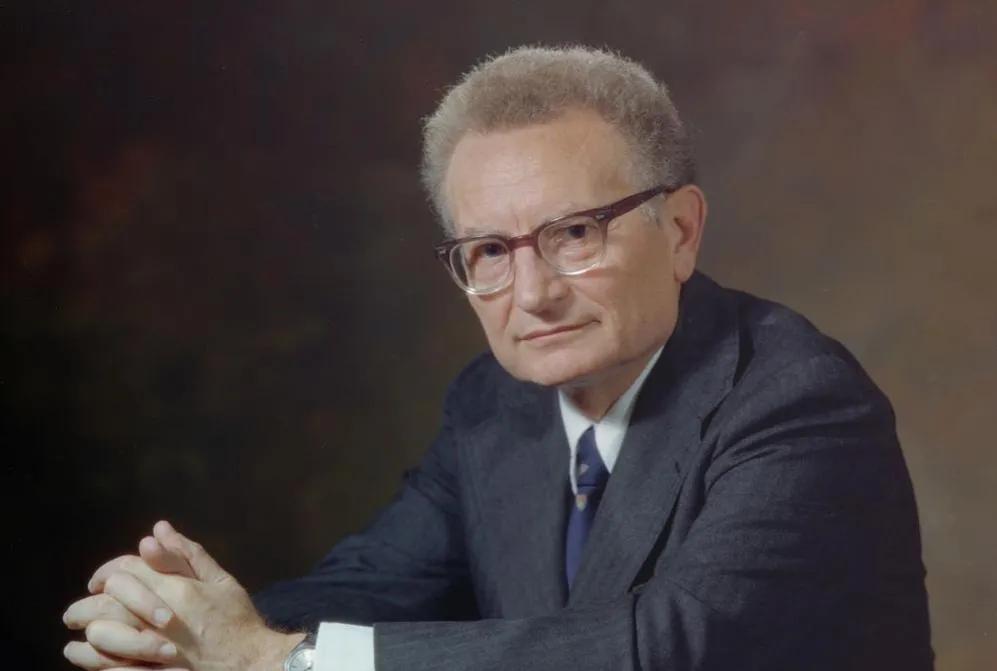Born on May 15, 1915, To a polish-Jewish immigrant family in Indiana, Samuelson's father, a pharmacist who became destitute during the war, moved to Chicago, where Samuelson attended Hyde Park High School. At the age of 16, Samuelson entered the University of Chicago. He recalled, "I was born as an economist on January 2, 1932." That day, he listened to the first university lecture by the famous demographer Thomas Malthus. From then on, he was fascinated by economics.
After graduating in 1935, he transferred to Harvard University to pursue his Doctorate. There, he studied under schumpeter, Leontief, and other prominent economists, and was heavily influenced by Alvin Hansen (a major proponent of Keynesian theory in the United States). At the age of 22, with his doctoral thesis, Samuelson became famous in one fell swoop and was hailed as a "prodigy". The publication of his doctoral dissertation also earned Samuelson the John Clark Medal from the American Economic Association.
After receiving his Ph.D., Samuelson taught at the Massachusetts Institute of Technology and was named a tenured professor in 1966. MIT became Samuelson's only residency until his death. During World War II, he worked hard in the MIT's radiology laboratory to develop computers that could track airplanes. He was also invited to serve as an advisor to the War Production Board.
Samuelson married his wife, Marion Crawford, in 1938. Together, they have six children, including a triplet (there was a time when the children used to use 350 diapers a week).
While teaching at the Massachusetts Institute of Technology, Samuelson made great efforts to make the Department of Economics a world-class teaching and research institution. He attracted a large number of well-known economists to teach here, including Robert Solow, George Akerlof, Lawrence Klein, Paul Krugman, Robert Milton, and Joseph Stiglitz.
In 1970, Samuelson won the Nobel Prize in Economics, becoming the first American to receive the award. In his acceptance speech, the Swedish Royal Academy wrote, "He rewrote a considerable part of the core economic theory, and in many areas he has achieved results comparable to classical economic theory."
Samuelson turned down the opportunity to serve in the government. In his opinion, that would prevent him from writing books freely. As an adviser to the United States Treasury, the Bureau of the Budget and the President's Council of Economic Advisers, he does not deny that "whenever I become an adviser to a federal agency, it often means its decline." Despite Samuelson's fame, he didn't do much better than others when it came to the vagaries of market practice. In the 1970s, his annual forecasts for the U.S. economy in the Financial Times often deviated from what they actually were.
In 1996, Bill Clinton awarded Samuelson the National Medal of Science and began chairing the American Economic Association and econometric Society. Later, economists and economics students will no longer have the opportunity to accept Samuelson's face-to-face teachings, but they will find that they will continue to move forward on the runway that Samuelson set for them. ——The Contemporary Financier, April 12, 2010 #管理 #
